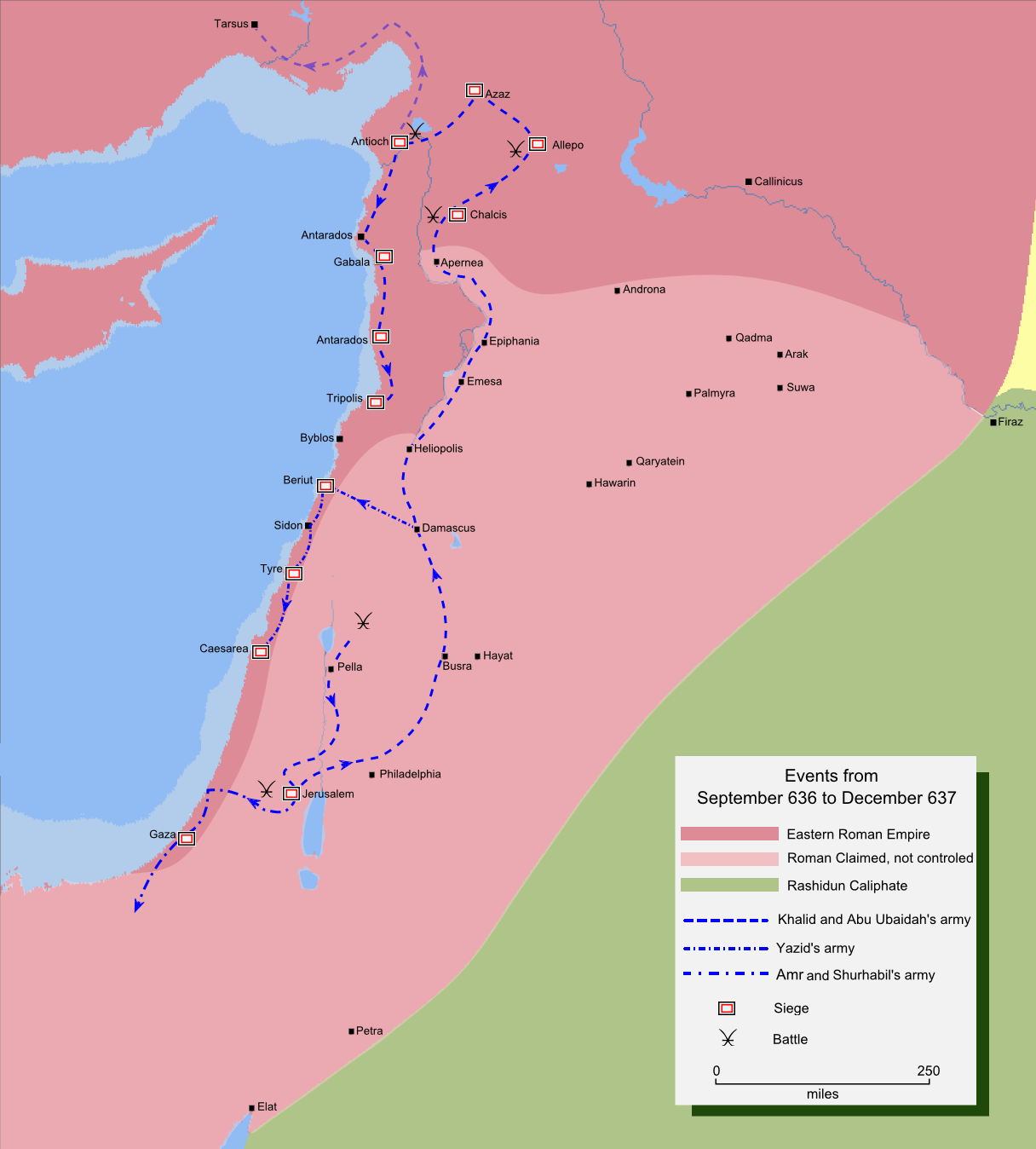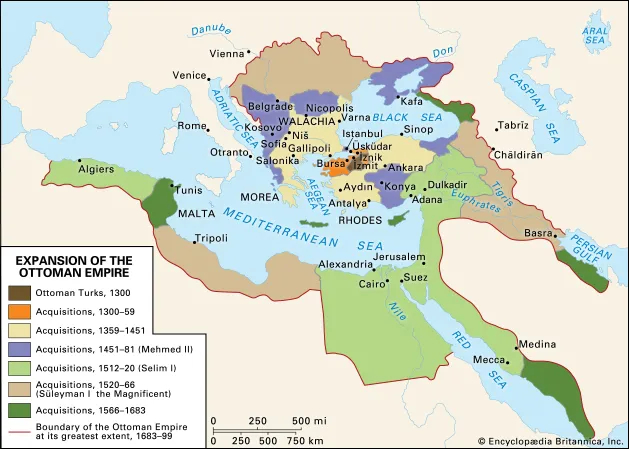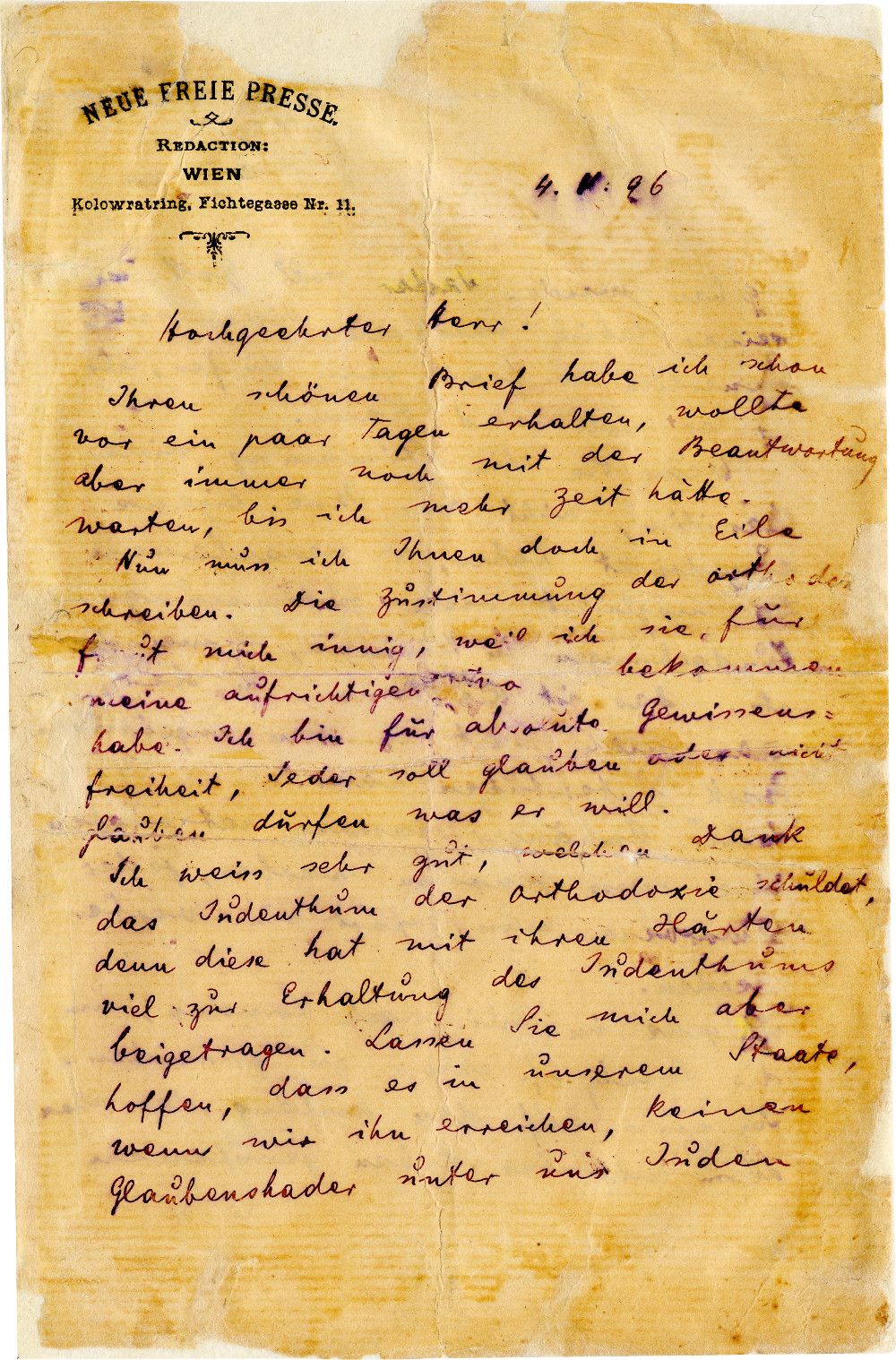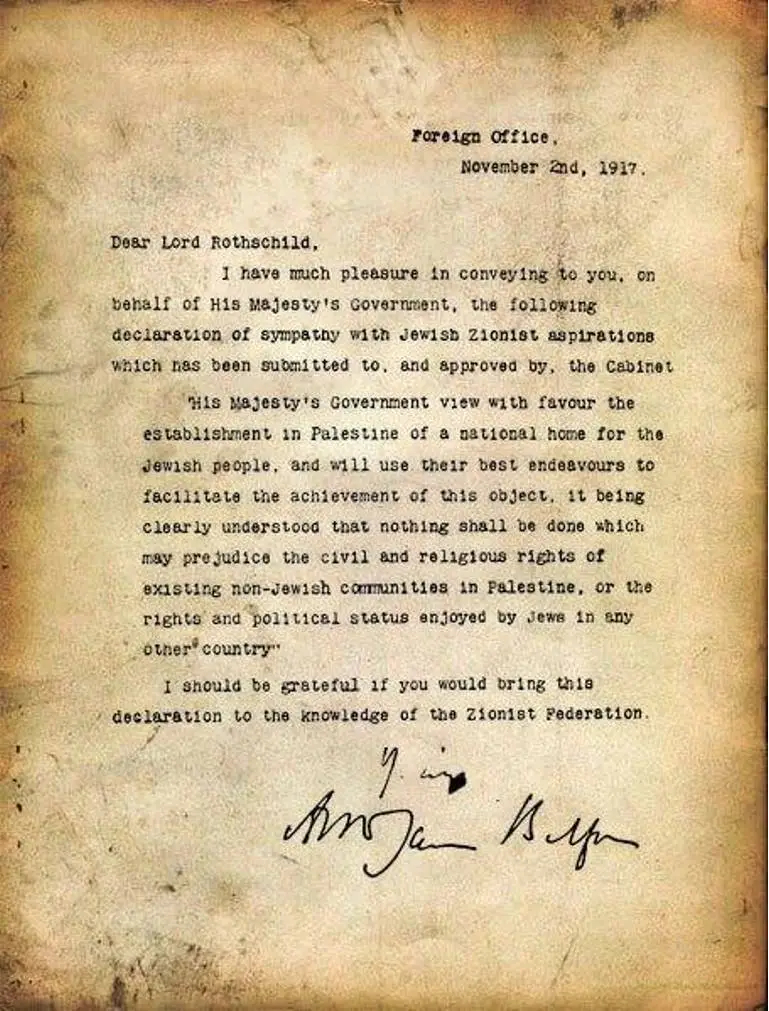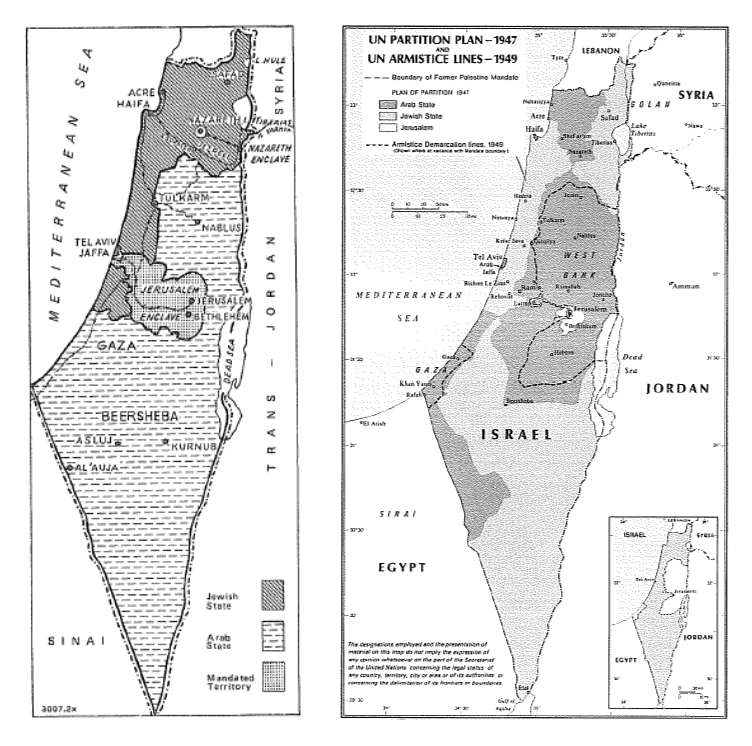|
Here's how to use the search engine: If you want to search by date, type this way: 20251101. However, only November 2025 is online. In the search field, you can insert the name of the location, place, or area in the West Bank To search in 'Violations Rules Of Belligerent Occupation.' click this list. You can repost every video, photo, page with photos, document, to spread the word and keep talking about the Palestinians ... in this case, in the West Bank.
|
GLOSM.EU maintains the view that new countries only have a legitimate right to exist if they are formed through secession from an existing country. Formation forced through invasion by groups of people from one or more other countries, and belonging to these countries on another continent, while there is either no or no longer a historical continuity with desired land as proposed by these groups of people, it cannot be considered legitimate, no matter the argument they may have. The latter has been the issue since 1947, as it is about replacing an existing land with a formation that was desired on another continent. "Israel" is by ideological formation invented on the content of Europe, and brought into an existing land even when it was under mandate, which is not the same as colony, the League of Nation had given to the British. The ideological formation was by exploiting the given mandate, as the groups of people involved do not have a historical continuity with the land they have been colonizing since 1948. See tabs 'No Historical Continuity 1, and 'No Historical Continuity 2' on this website. In the West Bank, there is military occupation, but by a civilian leadership seated in a part of a territory that has been colonized since May 1948. Governed by international humanitarian law (IHL), occupation is supposed to be a temporary situation with the goal of eventually restoring control to the original sovereign. However, in the West Bank, there is no occupation but the permanent hostile, effective control by a foreign power, over a territory that is not its own sovereign territory, but seeks to gain sovereignty over it.
|
|
VIOLATIONS OF THE RULES OF BELLIGERENT OCCUPATION How the "war" in Gaza resonates in violations committed in the West Bank
|
||
|
||
|
|
|
|
|
|
| WAR CRIMES | ||
|
||
IN RESPONSE TO SELECTIVE HISTORY MANIPULATION BY ISRAELIS AND THEIR FOLLOWERS
INTRODUCTION TO THE ILLEGAL ANNEXATION OF THE WEST BANK
|
All our projects start with this page. However, you can skip this page if the content below is familiar to you. If not, why not take a minute? Let us begin with something that everyone knows, or maybe not everyone, as current generations did not grow up in an era when there was no video but celluloid. And even then, when there were videos (VHS and Betamax), there was no YouTube, Dailymotion, Vimeo, TikTok, or Instagram. The first Internet video hosting site was ShareYourWorld.com, founded in 1997.
There are many definitions of history. However, the simplest way to explain it is to use the pictured images. A celluloid film consists of a series of frames. Each frame is part of a scene, which, in return, may be part of a series of scenes. They all together form what is called a sequence. So, a movie is built up by a series of sequences. If you watch the whole film, you will see a chronology of frames, scenes, and sequences. Visualizing history is similar to this, meaning that you can imagine history as a complete movie unless you cut it into pieces to remove frames, scenes, or even a whole sequence that you don't want people to watch. Like every movie, any event must have a beginning, as nothing happens in a vacuum. There is always a main cause or root, which always lies in the very past. . However, history never stops running but the Israelis just do. And so it is about the West Bank. THE PURPOSE The West Bank has been under Israeli "occupation" since 1967. That is almost 60 years. It exceeds the international definition: "occupation" is temporary. However, on this website, the collected and documented videos, photos, documents, and other material are arranged in a systematic order to form groups with labels based on international law to expose the illegality of the nearly 60 years of Israeli presence, which the world still describes as "occupation."
|
We start with a statement that Netanyahu made on November 4, 2023 Netanyahu manipulated a piece of ancient history by claiming that the Amalek attacked the Israelites. There is a biblical description which goes like, "Jacob's 12 sons are the patriarchs of the Twelve Tribes of Israel, who became God's covenantal people, with their names recorded in the Book of Genesis. The sons and their corresponding tribes are: Reuben, Simeon, Levi, Judah, Dan, Naphtali, Gad, Asher, Issachar, Zebulun, Joseph, and Benjamin." However, the biblical description can be visualized in the form of blankets of 12 territories on a map of Canaan. Twelve territories populated by 12 tribes. How does that go with 12 named personalities descending into tribes? We don't follow the theory, which is about the view that the Israelites emerged from within Canaan, as that contradicts the episodes which state that the Israelites reached Canaan after forty years of wandering in the wilderness following their Exodus from Egypt. But, how could people have been led by Joshua when the story about the wandering in the "wilderness" (read: Sinai Desert) was about Moses joureny? Biblical claims do not always reflect historical science
JOSHUA'S & MOSES' CONQUESTS The story of Joshua was about the conquest of Jericho from eastern bank of the Jordan River in today's Jordan, while the story of Moses was about the conquest of the Amalek territory from the "south.". The Israelites under his leadership were defeated and driven out of the Amalek territory. Moses died during the conquest. Judging the map on the right, the Israelites were not Canaanites, as they attacked them. They were simply violators of God's 6th Commandment, that one should not kill. In other words, the Israelites were a waring tribe seeking to conquest the land of the Canaanites by killling, murdering and destroying. All attempts to stop them failed. Judea and Samaria emerged as distinct political entities after the division of the united Israelite monarchy following the death of King Solomon around 930 BCE, forming two separate kingdoms: the northern Kingdom of Israel, centered in the region of Samaria, and the southern Kingdom of Judah (Judea), centered in Jerusalem.
AFTER THE ISRAELITES Judea encompassed the territory of the tribes of Judah and Benjamin, while Samaria covered the lands of the northern tribes, such as Ephraim and Manasseh. The names were retained through later periods, including the Roman province of Judea, with the Assyrians renaming the northern kingdom to Samaria after its fall, and the terms continue to be used today to describe these historical regions. The claim, that Judea and Samaria is Jewish may be based on the Hasmonean dynasty, which was a Jewish ruling dynasty of Judea and surrounding regions during the Hellenistic times in 539 BC. They came under Roman ruling in 6 AD and lasted until 135 AD when Judea and Samaria became Syria Palestina after a Jewish revolt. The Roman Emperor Hadrian renamed the former province of Judaea to Syria Palaestina to sever the connection of Jews to their homeland by using the name of the Philistines. Jews fled to Spain and Italy. Those who fled to Spain distributed to France. Those who fled to Italy distributed to Central Europe, primarily the Rhineland in Germany, during the Roman and medieval periods. These communities, already distinct from other Jewish groups like the Sephardim, migrated eastward into Eastern Europe, where they formed large, Yiddish-speaking communities through high birth rates and genetic isolation. They are known as Ashkenazic Jews.
The migration had the consequence, that the Jews have lost their habitat, their life, meaning that their existential identity in Palestine ended. They lost what we call 'historical continuity' of being Semitic people. They became European Jews. In the late 4th century, the Byzantine Empire established Palaestina Prima, a new province in the region of Palestine. This province included the historic regions of Judea, Samaria, and the coastal plain. The region of Palaestina Prima was temporarily lost to the Sassanid Empire in 614 but was re-conquered by the Byzantines in 628. The Jewish population dwindled due to a combination of economic hardship, persecution following the 6th-century Jewish-Samaritan revolts, and continued Christian immigration and conversion, which led to a Christian majority in the region by the early 7th century. Judea and Samaria was no longer dominated by Jews but Christians, because the Byzanthines were Christians..
|
|
"...the Israelis just erased 1,290 years of Palestine history." Well. not really. Herzl introduced his ideology in 1896 with the pamphlet The Jewish State and formally launched the movement by convening the First Zionist Congress in 1897, that was held in Basel, Switzerland, and where the World Zionist Organization was established. He became the founder and president of the movement, which aimed to establish a Jewish homeland in Palestine. Theodor Herzl went to meet Ottoman Sultan Abdul-Hamid II on May 17, 1901 in Constantinople (modern-day Istanbul). This visit was part of a series of attempts by Herzl between 1896 and 1902 to seek for a Jewish land in Palestine by offering to consolidate Ottoman debt in exchange for a charter. Sultan Abdul-Hamid II denied Theodor Herzl's request to establish a Jewish homeland in Palestine primarily because he viewed it as a betrayal of his duty to the Islamic community and the Ottoman Empire's sovereignty, asserting that the land belonged to his people, not him to sell. Despite Herzl's significant financial offers to alleviate the empire's crippling debt, the Sultan refused, emphasizing the land's sanctity as Islam's third holiest site and the deep connection of his people to it. Herzl then went to London (April 1903) to ask the British Colonial Secretary Joseph Chamberlain but the latter offered him in Spring 1903 what became known as the "Uganda Scheme" to establish a "Jewish homeland" in East Africa. The Zionist movement rejected the establishment of a state in East Africa because it lacked the historical, religious, and emotional connection to Palestine that was central to the Zionist movement's goal of a Jewish homeland in the Land of Israel. In 1918, the Ottomans were defeated in the First World War, forcing them to sign on October 30th that year the Armistice of Mudros with the Allies. This defeat led to the subsequent dismantling and partitioning of the empire's territories by the victorious Allied powers. Britain was granted the Mandate for Palestine at the San Remo Conference on April 25, 1920, a decision formalized by the League of Nations on July 24, 1922. This mandate granted Britain administrative control over the former Ottoman province of Palestine with the stated aims of establishing a national home for the Jewish people and preparing the region for self-governance. However, the League of Nations did not grant Britain permission to establish a Jewish state. However, Herzl wasn't a Jew but a follower of his own ideas. The British didn't create a Jewish but a Zionist state. In 1933, German Ashkenazic Jews struck the Haavara deal with the Nazis to have themselves migrated to British Mandate. In a gesture, these Germans adopted many ideas from the Nazis and brought these ideas with them to the Mandate where they passed them on to those who later became Israeli Ashkenazis. That's how Nazism emerged among the Israeli colonists.
INVENTION BY WAR & TERRORISM In 1947, migrated European Zionist colonists rejected the United Nations General Assembly vote for the Partition Plan for Palestine by going for war first against the British then, in the second part of the war against the native Palestinian population. This prompted surrounding Arab nations to intervene. The European colonists, who created the war against Arabs themselves, declared themselves as Israelis in May 1948, a name they borrowed from the tribe who went on killing, murdering, looting and plunder thouseands of years earlier: the Israelites. A month later, the Swedish UN diplomat, Count Folke Bernadotte submitted a formal partition proposal for Palestine and Transjordan. His plan suggested a unified state of Palestine and Transjordan, with two members—one Arab and one Jewish—and proposed specific territorial adjustments, including the Negev in Arab territory and Western Galilee in Jewish territory, with an internationalized Jerusalem. The European colonists rejected the plan because, by the summer of 1948, the war between Israel and Arab nations had already occurred and the renaming of British Mandatory Palestine had significantly changed the situation on the ground. This made his initial concept of an economic and political union of Palestine, based on the 1947 UN Partition Plan, non-viable in the new political reality, leading to the need for revision before a second plan was formulated.
Bernadotte's second proposal suggested the division of Palestine into a Jewish state and an Arab state, the establishment of an international authority for Jerusalem, and the return or compensation of Palestinian refugees. The plan aimed to establish boundaries similar to his first, but abandoned the idea of an economic union and favored a formal agreement or UN decision for boundary fixation. This new plan was rejected by both the League of Arab States and the Europan colonists.. In response to the second proposal, and his diplomatic efforts to resolve the Arab-Israeli conflict and feared his peace proposals would undermine the invention of the Israelis, a European Zionist terrorist group, known as Lehi or Stern Gang, assassinated Folke Bernadotte in an ambush near Jerusalem. Lehi saw Bernadotte as a threat to their goal of establishing a larger Zionist state and believed his peace plan was disastrous, particularly concerning territorial arrangements and the right of return for Palestinian refugees.
|
|
In 1947, European Zionists invaded what was then British Mandatory Palestine, and started first a war against the British then uprooting and mass killing the Palestinian population, that is known as Nakba. The land, already created by the British Arthur Balfour in 1916, was taken by brutal force. The partition of the land, as proposed by the Swedish UN diplomat, Folke Bernadotte, rejected by European terrorists who assassinated the diplomat on September 17, 1948. What has been invented in 1917 by Arthur Balfour in 1917, and by brutal force renamed into a name derrived from the name of a tribe that did the same, is inhabit by foreigners with those like:.
In the context of the claim by followers of Zionism being Semitic: none of them is a Semitic person, as they are all from a migrant, settler or colonist. Like the Americans, today, the Israelis are a people from around the world |
||||||||||||||||||||||||||||||||||||||||||||||||
|
Gaza and the West Bank form together the State of Palestine, despite political differences between Hamas and Fatah. The so-called "security pact" between the Israeli occupying belligerent and the occupied power, the Palestinian Authority is obsolete, as paragraph 2a in Article XIII of the Israeli-Palestinian Interim Agreement on the West Bank and the Gaza Strip (a.k.a. “Oslo II”) states, "Israel shall have the overriding responsibility for security; for the purpose of protecting Israelis and confronting the threat of terrorism." But, collected videos are proving that terrorism is by those who were illegally transferred from colonized historic Palestine to the West Bank. |
|
We maintain to have the view that the legitimacy of a country can only if it is a land that has no alien inhabitants, but a population native to the land or is formed through secession. The foreign people, who were and are still illegally tranferred into the West Bank have been systematically called "settlers," while such persons are those who left their native countries to build a new life elsewhere peacefully, and who do not have the intention to seize someone else's land. Colonists are those who left their native land to seize someone else's land first then to start building their "new life." The international humanitarian law (IHL) states: occupation is supposed to be a temporary situation with the goal of eventually restoring control to the original sovereign. However, in the West Bank, there is no occupation but the permanent hostile, effective control by a foreign power, over a territory that is not its own sovereign territory, but seeks to gain sovereignty over it. |
|
The Dutch security watchdog has found the entity of the Israelis a threat to the public in the Netherlands after months of monitoring developments on Jewish hatred. |
|
In the Netherlands, we have a so-called Center of Information & Documentation Israel, or CIDI, who claims to be "independent."
|










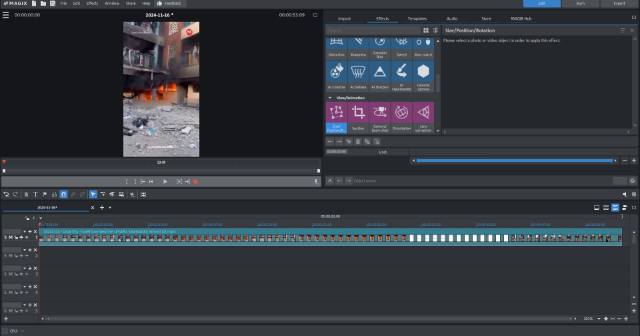 In today's video technology, you don't need to stretch the movie. It's already done while you load it into a video editor.
In today's video technology, you don't need to stretch the movie. It's already done while you load it into a video editor.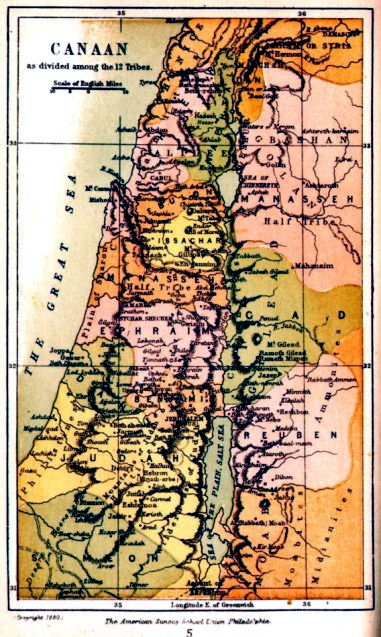
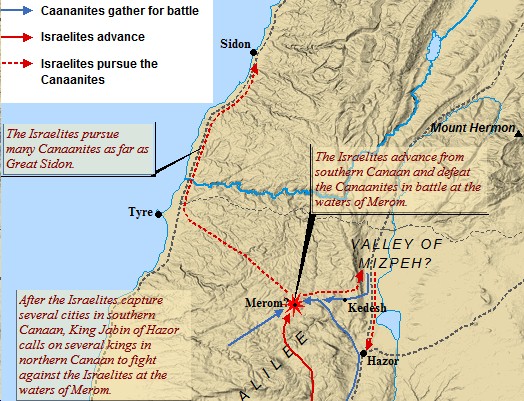
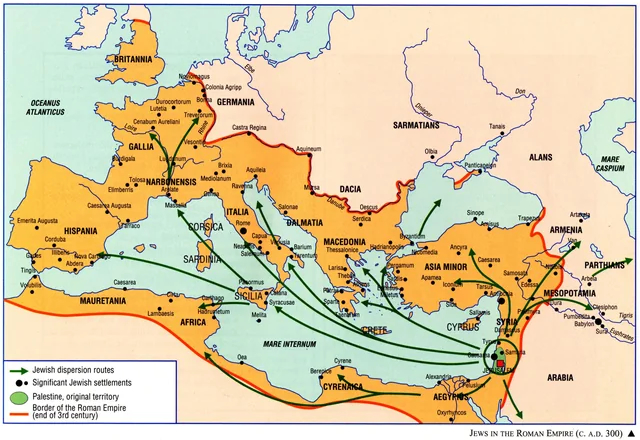
%20published%20by%20Homannsche%20Erben.jpg)
